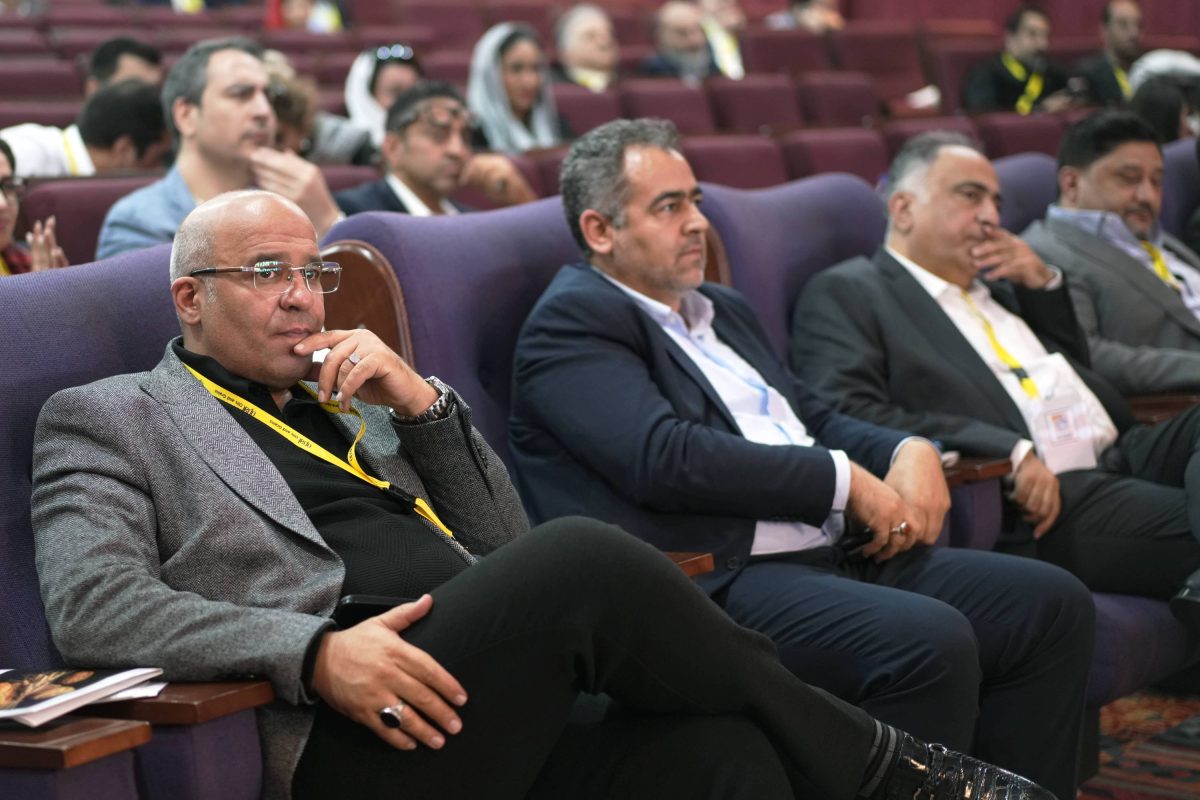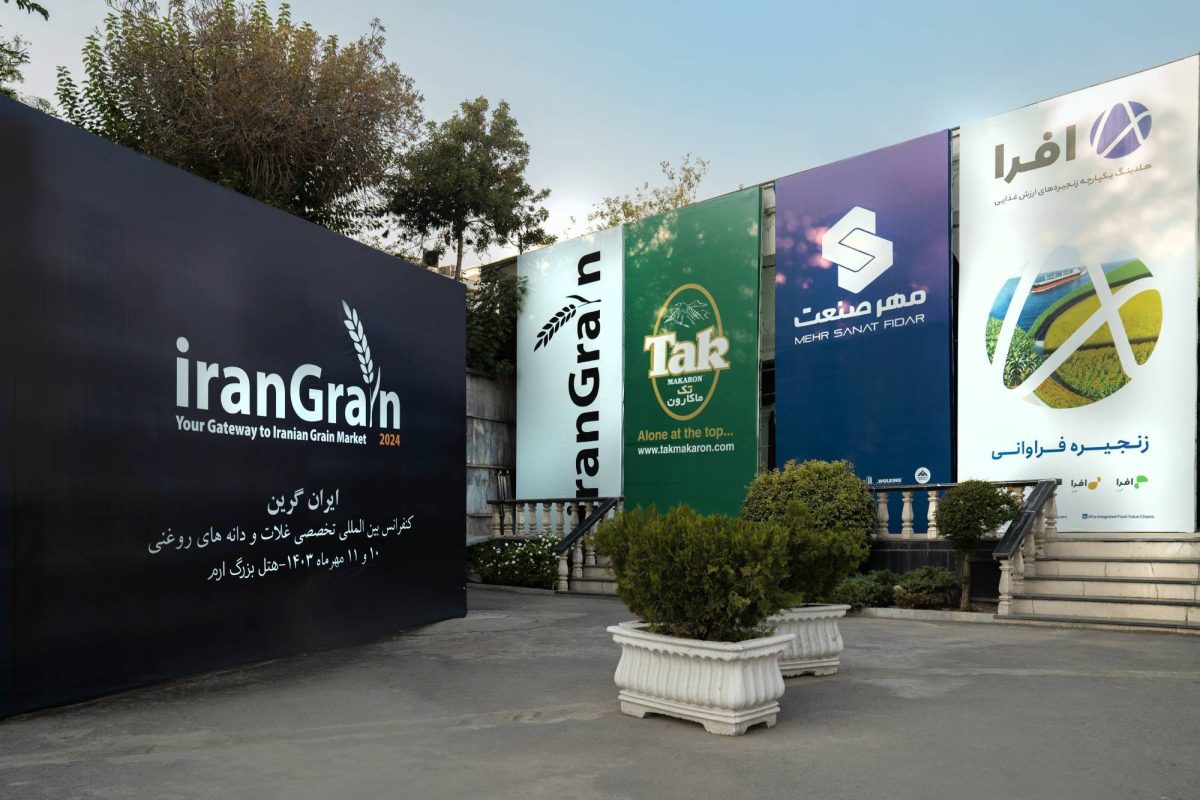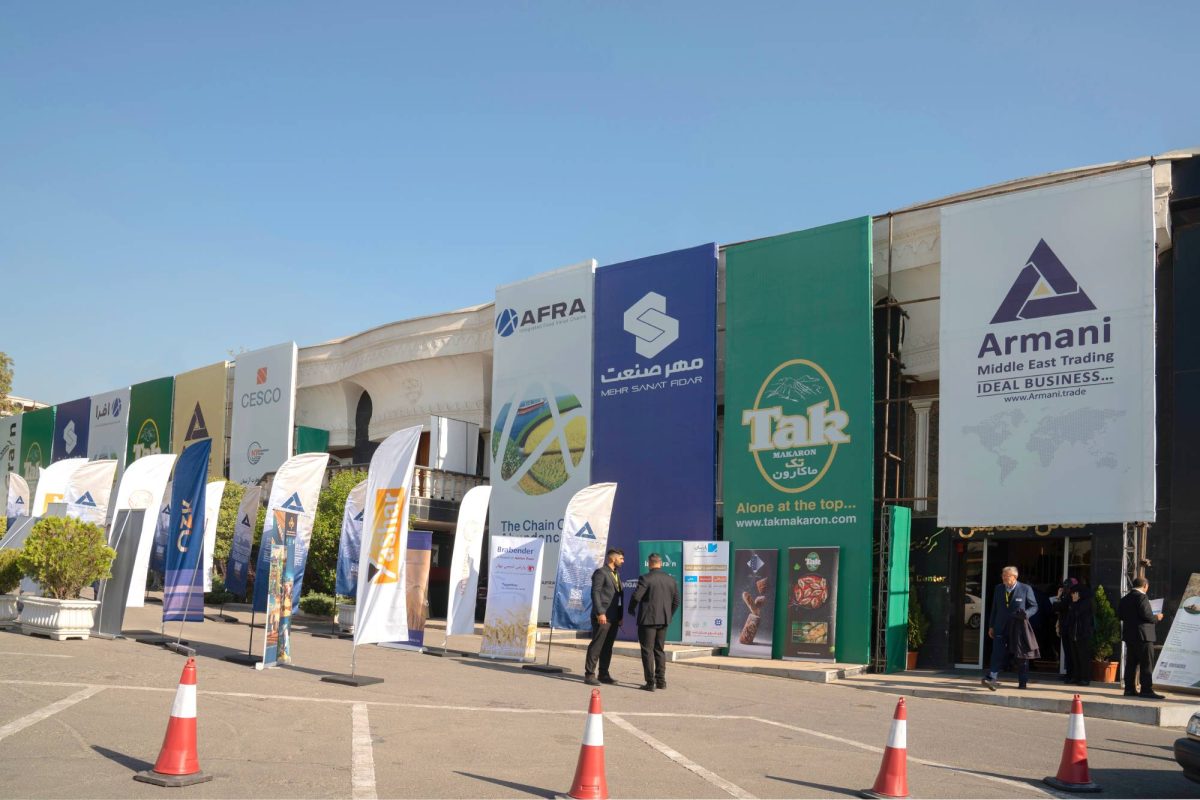Government Policies in the Oil and Oilseeds Industry: Challenges and Solutions
Iran Grain 2024 Conference: Bridging the Gap Between the Private and Public Sectors
The oil and oilseeds panel at the Iran Grain Conference delved into critical and impactful issues related to government policies in the oil and oilseed processing industry. This event, serving as an ideal platform for exchanging experiences, opinions, and perspectives among experts and industry stakeholders, highlighted the convergence and synergy between the private and public sectors in ensuring the country’s food security. The conference offered a unique opportunity for constructive dialogue and new collaborations in the food industry.

The Necessity of Transparency and Fairness in Economic Policies
Amirhossein Afrashtehpour, the CEO of Afra Integrated Food Value Chains Holding, chaired the oil and oilseeds industry panel. Emphasizing the presence of government officials as a symbol of effective participation in ensuring the country’s food security, he stated that their attendance at the conference demonstrated a shared commitment to advancing national goals in food supply and production.

He underscored the importance of holding this conference at an international level, adding that the efforts of the Iran Grain Conference board had created a suitable environment for brainstorming and information exchange in this industry, which is not only an honor for industry stakeholders but also for the entire country. Afrashtehpour continued that such collaborations can help strengthen the country’s economic foundations and improve people’s living conditions.
The panel then proceeded to examine the government’s current policies in the oil and oilseed processing industry, focusing on three key areas:
* Quotas in registration of orders
* The domestic grain purchase guarantee project and its impact on farmers, producers, and consumers
* Allocation of a combined currency (preferential and Nima exchange rates) for oil imports
The panel highlighted that one of the industry’s biggest challenges in the past year has been quotas. Despite announcements from the Ministry of Industry, Mine and Trade and the Ministry of Jihad for Agriculture, industry stakeholders still have many questions about how quotas are allocated and calculated. These ambiguities, especially when long-term planning is needed for supply and production, can lead to serious disruptions in the supply chain. This lack of transparency in government policies and systems hinders the sustainable growth and development of the industry and clearly requires a review and improvement. This issue not only harms producers but also farmers and consumers.

Furthermore, the panel concluded that achieving sustainable and effective growth in the oil and oilseeds industry requires greater transparency and fair and competitive policies. Holding such meetings can create a space for dialogue, cooperation, and finding effective solutions to existing challenges, ultimately contributing to ensuring the country’s food security. This synergy and interaction can be considered one of the key principles in achieving the country’s long-term economic and social goals.
Given the challenges and opportunities in the oil and oilseeds industry, closer cooperation and interaction between the government and the private sector can improve the industry’s situation and meet people’s basic needs. This path not only contributes to economic growth but also increases public trust in the country’s economic system.


